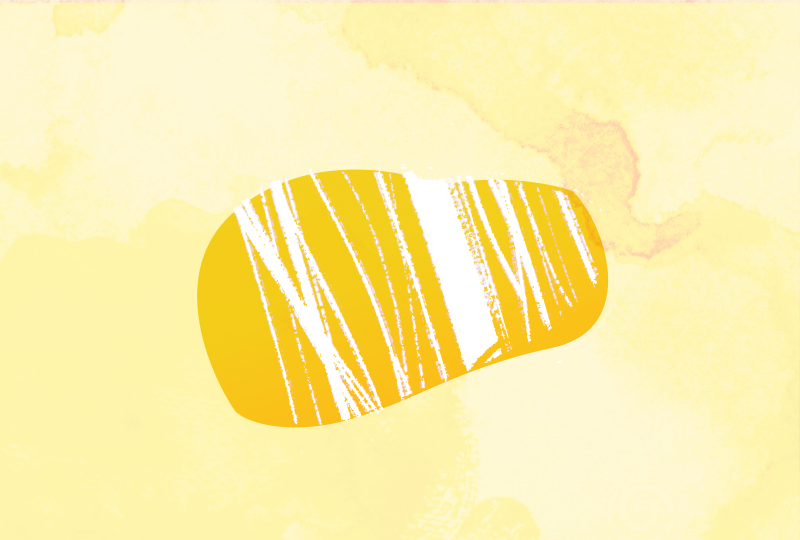
Islam
Islamic views of HIV/AIDS.
There is more than one way to follow the Islamic way
Many Islamic scholars agree that there is more than one true way of reading and interpreting the Qur’an.
In his book, Homosexuality in Islam, Dr. Scott Siraj al-Haqq Kugle argues that the Qur’an treats diversity, including sexual diversity, as a blessing to humanity. Dr. Kugle also concisely explains how “lesbian, gay, bisexual and transgender Muslims do indeed deserve a place in Islam” in this article.
In Coming Home to Islam and to Self (published by the Human Rights Campaign Foundation), there are direct quotations from the Qur’an which addresses common misconceptions about the LGBTIQ+ community’s place in Islam.
The publication also includes the voices of queer and transgender Muslims who share their personal struggles to reconcile their sexuality with Islamic traditions and talk about their personal relationship to God.
YouYou and Muslims for Progressive Values have also compiled valuable resources on Islam and queerness as well as a list of LGBTIQ+ affirming religious communities in Singapore.
Islamic view of HIV/AIDS
In Islamic perspectives on HIV/AIDS and antiretroviral treatment: the case of Nigeria, lecturer Amusa Saheed Balogun finds that Islam sees HIV and other illnesses as 'tests' from Allah, Islam warns against the exclusion of people living with HIV, and Islam is not opposed to taking HIV treatment.
As Balogun’s article is not freely accessible, we have referenced some of the major observations in the next few paragraphs.
Islam is more than a religion, it is a way of life and helps to regulate most aspects of living, like personal approaches to health and well-being. Health and well-being are understood as ‘favours from Allah’, while illness and epidemics are tests of faith from Allah.
Contrary to conservative ideology, Islam does not attribute the emergence of epidemics, like the HIV epidemic, to the sins of man.
Islamic view of caring for those with HIV/AIDS
Regarding HIV/AIDS care, Balogun explains that Islam emphasises three major issues: adequate care for PLHIV, removing HIV/AIDS stigma, and providing care for children whose parents have passed away due to AIDS.
In general terms, Islam places some obligations on every Muslim towards their sick. These obligations include visitation, showing mercy, giving gifts, saying good words to them, supplication for them, raising their hopes, and so on.
According to Prophet Muhammad, when a Muslim visits a sick person, they should speak encouraging words and pray for them in this way:
“O, Allah, Lord of the people, remove the affliction and grant cure. You are the Healer. There is no cure except from you. Grant a cure that leaves behind no sickness”
(cited in Al-Asqalani, 1996, p. 129).
The HIV/AIDS Desk of the Nigerian Supreme Council for Islamic Affairs (NSCIA) explains that the Islamic position on the treatment of people living with HIV is that they deserve care, compassion, and prayer from other Muslims, whether they are weighed down by their ailment or not.
Balogun further explains that since Islam states that illnesses are tests from Allah, then “people with HIV or other ailments should not be seen as sinners or as people to be stigmatised, but as normal people to whom we should show mercy and care”.
Prophet Muhammad says that:
“The merciful ones are granted mercy by the Most Merciful. Show mercy to those who are on earth, and the One above will show mercy to you”
(cited in Al-Jibaly, 2003, p. 135).
Thus, Islam discourages the stigmatisation and exclusion of people with any kind of ailment, including those living with HIV.
Islamic view of antiretroviral treatment
Regarding the use of antiretroviral drugs in HIV treatment, Balogun argues that Islam is not opposed to Muslims who have HIV starting and staying on HIV treatment.
In fact, every servant of Allah must seek treatment for their illnesses:
“Indeed, Allah created the illnesses and their cure. So treat yourselves, but do not treat yourselves with something haram [unlawful]” (cited in Al-Jibaly, 2003, p. 145).
Anti-retroviral treatment is the only effective way to treat HIV. As long as HIV medication does not contain substances forbidden in Islam, then Muslims living with HIV or AIDS are encouraged by Islam to take HIV treatment.

More Resources
HIV 101
There's lots of information out there about HIV and it can seem confusing for someone who wants to learn more. We've put together a list of FAQs to guide you through.
Living with HIV
With medication, HIV is a manageable, chronic condition - you will still be able to live a healthy and productive life.
For Caregivers
Caregiving for a loved one can be stressful and mentally exhausting. Learn how to identify and manage the stressors to keep yourself in a good mental state.


